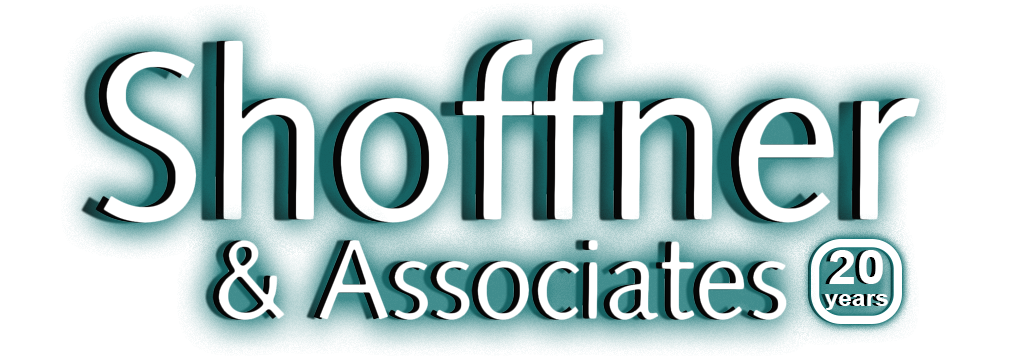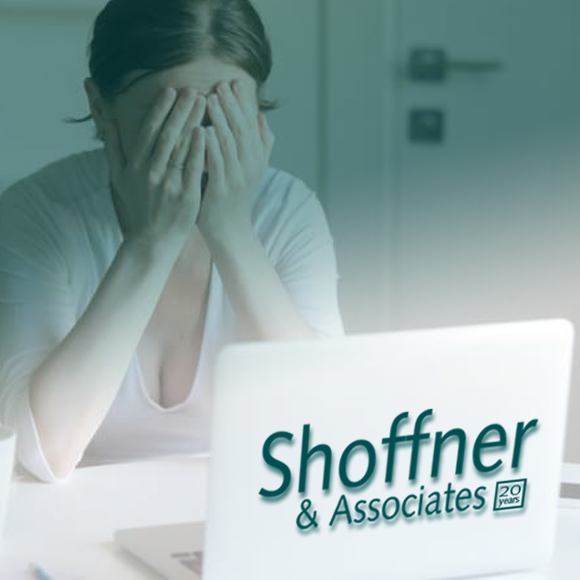The economic downturn we are all immersed in has repercussions for many. The impact to businesses is great and unemployment has soared. Solutions will be needed for the financial straits so many people are facing. Filing for bankruptcy can give people a fresh start. Chapter 7 bankruptcy filing is the most common filing and of course has its advantages and disadvantages as a way of absolving you of debt.
Chapter 7 bankruptcy is also known as straight bankruptcy or liquidation bankruptcy. In essence your debt is forgiven through the sale of your nonexempt assets through a court appointed trustee. The proceeds from the sale are then split among your creditors. You are allowed to keep exempt assets or those assets which will allow you to make a fresh start. Common exemptions include residence, auto, certain retirement accounts, and property that is needed for work.
In preparation of a Chapter 7 bankruptcy filing you will need all of your financial records such as bank statements, credit card statements, loan documents, and paystubs. Once you have gathered your financial records you or your attorney will submit to the court your petition, schedules, statement of financial affairs, and other documents. The submission will include a listing of all your property, debts, creditors, income, expenses, and property transfers. Filing under Chapter 7 stops collection activity against you and your property.
Part of your preparation for Chapter 7 will include credit counseling. Additionally, a course in financial management is typically required before your debts are discharged.
To qualify for Chapter 7 the debtor must pass a means test. Through comparing your income and your expenses to others it assesses your ability to pay your debts.
A creditors meeting is held 21 to 40 days after the petition is filed. The trustee, the creditors, and the debtor attend. At this time the debtor answers questions related to the bankruptcy.
A primary purpose of Chapter 7 bankruptcy is to give an individual a new start through discharging debts. Debts are discharged if the trustee and the creditors don’t object on supportable grounds. The discharge stops creditors from collecting any debt against you personally if it arose before the bankruptcy filing. There are some debts that can’t be forgiven such as student loans and child support.
There is a lot to discuss and consider when in debt. Should you file for bankruptcy? Which bankruptcy filing is most appropriate for you? As an alternative to filing for bankruptcy can you come to an out-of-court agreement with your creditors or utilize debt counseling services? There are advantages and disadvantages to filing for bankruptcy. Discuss your particular situation with a bankruptcy attorney. Contact Shoffner & Associates to assess your situation, determine the best approach for you, and implement the solution to your debt.
Freya Allen Shoffner, Esquire featured Professional Speaker, Presenter, Professor.
Need a Speaker for a Business Event? Call your friendly neighborhood attorney today.
With the right help, you are more likely to succeed. The attorneys at Shoffner & Associates will be happy to help you.
Give us a call at (617) 369-0111 or email fashoffner@shoffnerassociates.com




